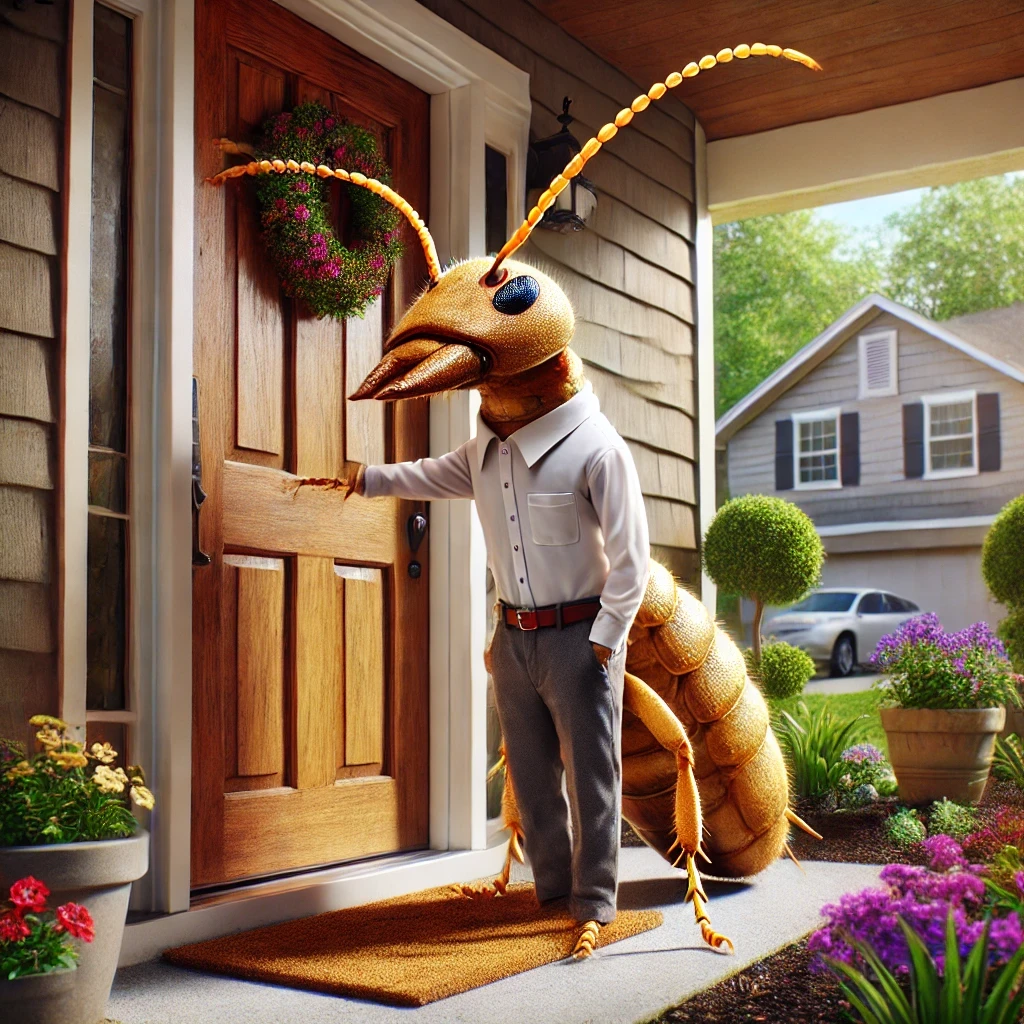Cicada Sound: When, Why, and How Long They Sing
Cicadas are remarkable creatures, known not only for their lengthy underground development phases but also for the distinctive sounds they produce. Their songs, often mistaken for the whirring of machinery, are a defining feature of late spring and summer landscapes. But what drives these sounds, and is there anything one can do to reduce their sometimes overwhelming noise? Let’s delve into the cacophonous world of cicadas to understand when they are most active, how temperature affects their serenades, and more. If you want to know a lot more about cicadas, see our previous blog.
What Time of Day Are Cicadas Most Active?
Cicadas are primarily diurnal, meaning they are active during the daytime. The peak time for their vocal activities is typically during the hottest parts of the day, from late morning until the late afternoon. This timing is primarily because cicadas are temperature-dependent creatures; their metabolism and, consequently, their ability to produce sound are influenced by the warmth of their environment.
Does Temperature Affect Cicada Sounds?
Yes, temperature plays a crucial role in not only the frequency but also the intensity of cicada sounds. Cicadas are cold-blooded; thus, their body temperature depends on their surroundings. Warmer temperatures tend to enhance their metabolic rate, leading to more vigorous and frequent chirping. In contrast, you might notice that cicada sounds are less intense during cooler days or in shaded, cooler areas.
When Are Cicadas Loudest?
Cicadas are typically loudest on hot, sunny days. This is when temperatures are ideal for their bodies to function at optimal capacity, allowing them to produce their loudest calls. The primary purpose of these loud calls is to attract mates and communicate with other cicadas, essen
tial for their survival and reproduction.
Can You Do Anything to Stop Cicada Sounds?
Stopping cicada sounds entirely is not feasible, given their natural role in the ecosystem and the widespread nature of their populations during peak seasons. However, there are a few strategies to mitigate the impact of their noise:
Soundproofing: Adding soundproofing materials to windows and doors can help reduce the volume of cicada sounds entering a home or building.
White Noise: Utilizing fans, white noise machines, or soft background music can help mask the intensity of cicada sounds, especially helpful during sleep hours.
Timing Outdoor Activities: Since cicadas are less active during cooler times of the day, planning outdoor activities for early mornings or late evenings can result in a quieter experience.
How Long Will the Cicada Noise Last?
The duration of cicada noise can vary depending on the species. Most annual cicadas are active for 4 to 6 weeks, starting in late June or July. However, the periodical cicadas, which emerge every 13 or 17 years, can create noise for 4 to 6 weeks after they emerge in May or early June. Once mating is complete, and eggs are laid, adult cicadas die, and the noise subsides until the next generation emerges years later.
Cicadas play a vital role in the ecosystem, serving as a food source for many predators and helping aerate the soil. While their sounds can sometimes be overwhelming, understanding the nature and purpose of their songs can foster a greater appreciation for these intriguing insects. Whether you're a nature enthusiast or a homeowner seeking peace, the narrative of cicadas is a fascinating chapter in the story of our natural world. Want to know more about the buzzy symphony? Here’s an artice from the University of Missouri extension.
Last, if you need a break from the cicada sounds, we love this one of kind song about the cicadas.





